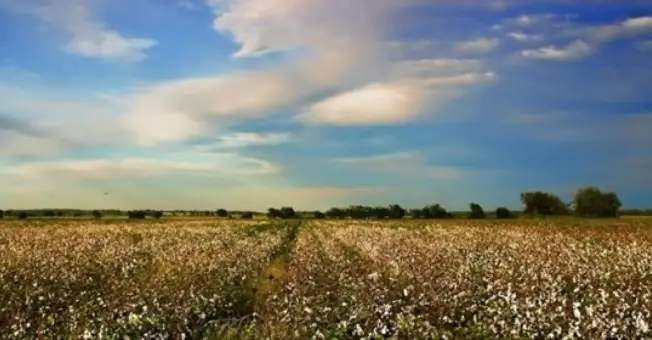
As the U.S. faces an unemployment crisis, economic meltdown, and a public health emergency with the coronavirus, the Trump administration moved quietly this past month to further threaten dozens of endangered species in the southeastern United States by proposing the planting of genetically engineered crops on wild public lands.
The administration proposal this week aims to allow the planting of GE seeds in the 44,000 acres of farmland within the Southeastern Region of the national wildlife refuge system—a reversal of existing policy.
The move would increase the use of glyphosate and other pesticides that have been linked to harmful effects on bees, butterflies, and other pollinators necessary to humans’ food supply, as well as other species that live in the wildlife refuges.
“It’s a no-brainer that this kind of pesticide-intensive agriculture shouldn’t be allowed on public lands that are critical to wildlife conservation and preservation of the unique ecosystems of the southeastern U.S,” said Hannah Connor, an attorney with the Center for Biological Diversity, in a statement.
The new proposal comes two years after President Donald Trump reversed the Obama administration’s 2014 order to phase out the use of genetically engineered crops in wildlife preserves. If approved, the decision could result in the escalation of pesticide use in up to 131 refuges in 10 states, the U.S. Virgin Islands, and Puerto Rico, comprising about four million acres.
“Permitting genetically engineered crops and neonicotinoid pesticides on the refuges threatens one of the few places that pollinators and protected species should be able to find shelter from the onslaught of toxic pesticides threatening their existence,” said Sylvia Wu, an attorney at the Center for Food Safety, one of the groups which pushed the Obama administration to ban the crops.
Critics said Trump’s move would worsen the threats already faced by the region’s wildlife, including pollution and habitat destruction.
“We are in the midst of a biodiversity crisis,” said Ben Prater, Southeast program director at Defenders of Wildlife. “Industrial agriculture with genetically engineered crops has no place on national wildlife refuges dedicated to conservation of our most vulnerable species, including pollinators like hummingbirds, bumblebees and monarch butterflies.”
Shared with permission via CommonDreams.org/Attribution Share-Alike 3.0 License.
Thanks for installing the Bottom of every post plugin by Corey Salzano. Contact me if you need custom WordPress plugins or website design.




